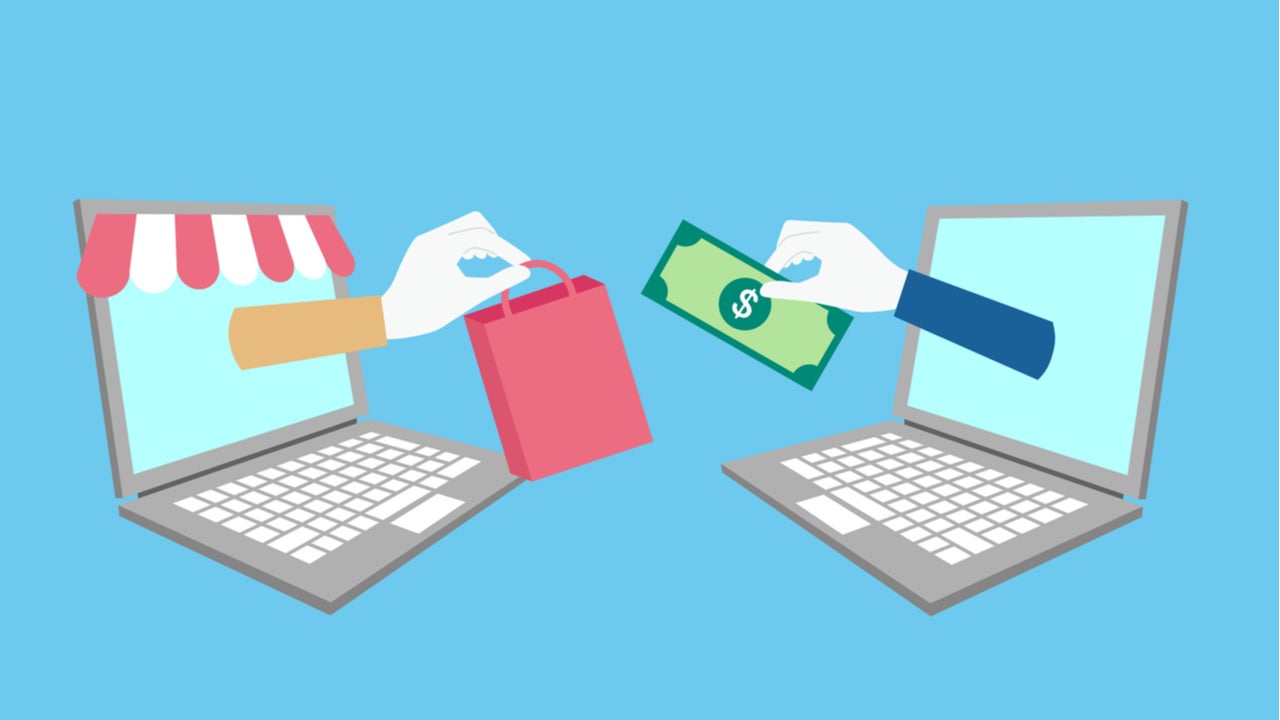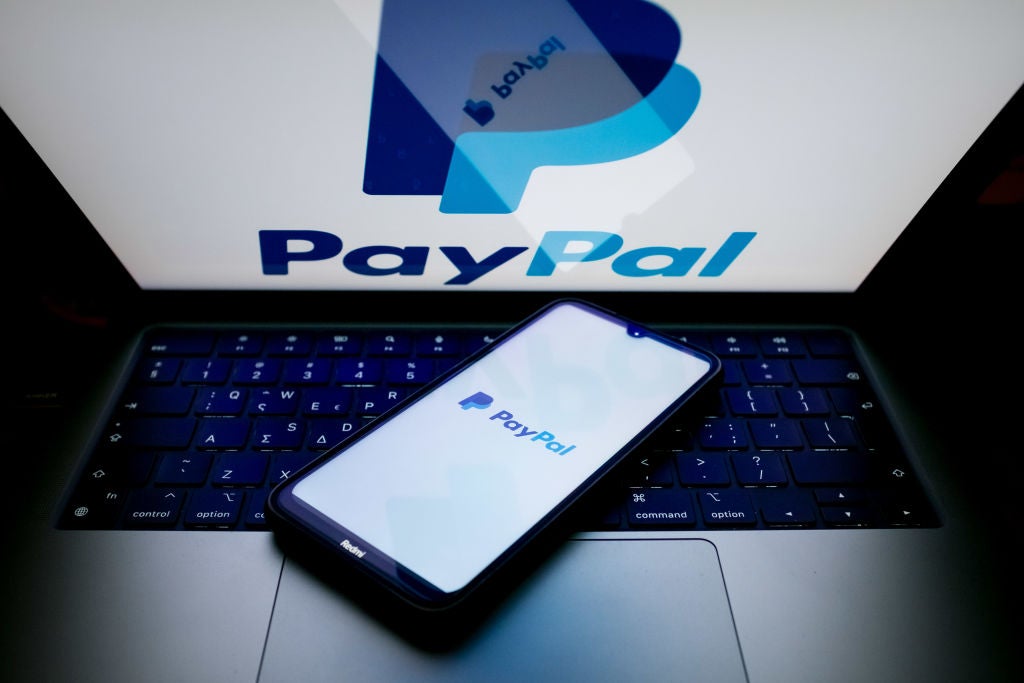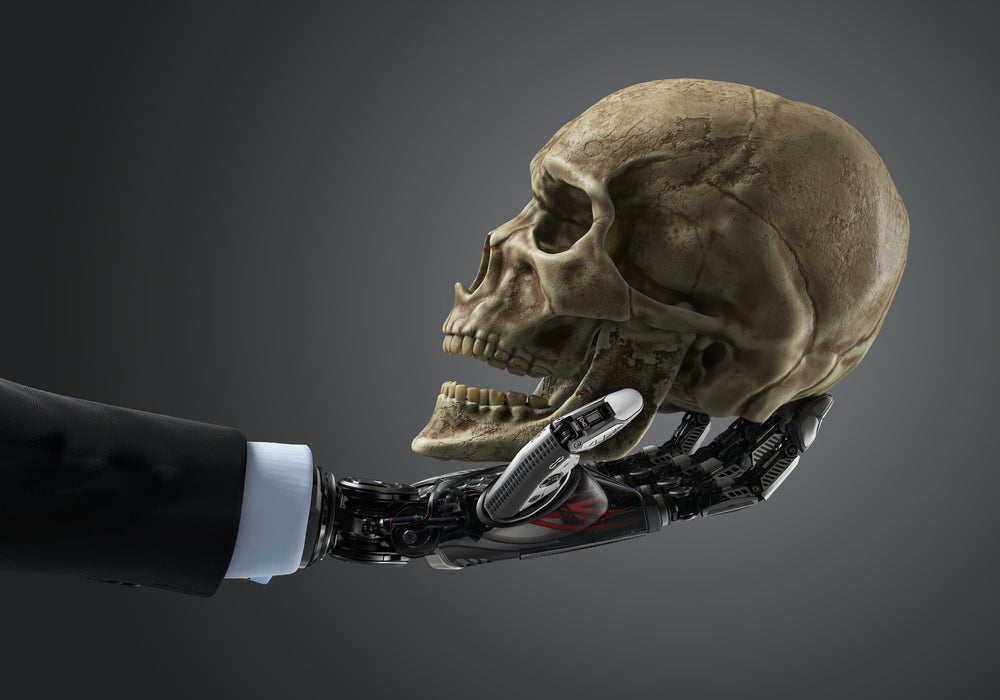BrewDog launching a new direct-to-consumer (D2C) service—one that offers 15-minute delivery—reflects two of the consumer goods industry’s latest developments. After 2020, D2C models are widespread, and after 2021, consumers expect speed.
What is D2C?
In direct-to-consumer models, brands and their customers interact directly, rather than through intermediaries. The model’s three chief benefits are access to and control over consumer data and insight, which is useful for advancing more consumer-centered product innovation and a more tailored experience; direct consumer interaction and feedback, which can foster loyalty; and minimized distribution costs, as brands do not need to hire retail partners.
What is BrewDog offering?
BrewDog’s D2C service, BrewDog Express, delivers 12-packs of beer to customers less than 15 minutes after their order. Currently, the service is open in two areas of London. BrewDog partnered with UK delivery service Jiffy for the project.
In 2020, Covid accelerated D2C adoption
Although 2020 was branded the ‘year of the pandemic’ by most, for some in the consumer goods sector it was the year of D2C. The Covid-19 pandemic, combined with the slow death of the high street, catapulted the disruptive model into the limelight for major players. Ensuring that products reach the customer has become a more pressing issue amid stores closures across the globe and people retreating into the safety of their homes. Ecommerce trends have been growing stronger every year, and D2C was being explored by companies to some degree before the global health crisis. However, in a push to ‘pandemic-proof’ their brand, companies turned to the model with newfound urgency.
Q-commerce apps have raised consumer expectations
Quick commerce, or q-commerce, apps are a new service that delivers groceries to customers quickly—often extremely quickly. Some even promise customers that if their order is not received within fifteen minutes of ordering, they will get it for free. Previously, few consumers had thought such speed possible.
In 2021, myriad q-commerce apps fought to establish supremacy and win over customers. Adverts for Getir, Gorillas, Zapp, Jiffy, Dija, Weezy, and more covered London billboards and targeted Londoners on social media platforms. As consumers enjoy this new speed, they will favor companies that can provide it. D2C models must no longer simply be available, they must be fast.
How well do you really know your competitors?
Access the most comprehensive Company Profiles on the market, powered by GlobalData. Save hours of research. Gain competitive edge.

Thank you!
Your download email will arrive shortly
Not ready to buy yet? Download a free sample
We are confident about the unique quality of our Company Profiles. However, we want you to make the most beneficial decision for your business, so we offer a free sample that you can download by submitting the below form
By GlobalDataWhat’s next?
The younger generations of digital natives—Generation Z and Millennials—are set to drive D2C forward and will shape the future of this channel. Online shopping will start to incorporate more futuristic technologies; augmented reality, virtual reality, and conversational commerce will see increasing use.








